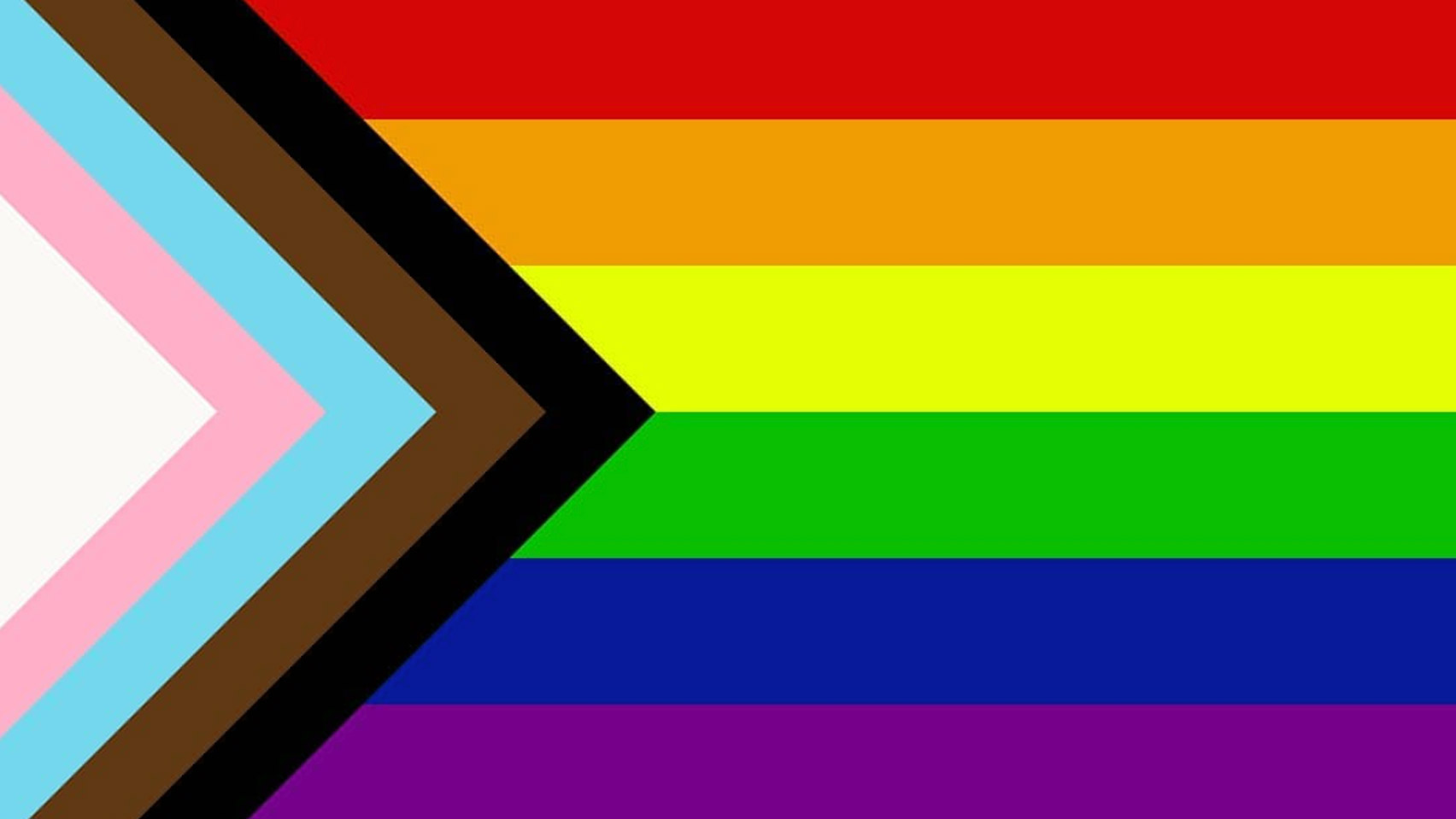Bristol Bisons marked 14 July non-binary day, wishing all non-binary siblings, supporters and people everywhere a Happy Non-Binary Day.

Observed each 14 July, Non-Binary Day focuses on raising awareness of the issues faced by non-binary people around the world.
First celebrated in 2012, it was chosen for being precisely half way between Internal Men’s Day and International Women’s Day.
Most countries in the world continue to not recognise non-binary as a legal gender, meaning most non-binary people are forced to have gendered passports and other official documentation and identification.
Only Austalia, Bangladesh, Canada, Denmark, Germany, The Netherlands and New Zealand currently include non-binary gender options, and 23 US States plus Washington DC allow residents to mark their gender as “X” on their driving licence.
So there’s still a lot of work to do on the issues surrounding non-binary identity and progress.
10 Ways To Step Up As An Ally…
- Introduce yourself with your name and pronouns. Stating your pronouns reminds people that it might not always be immediately obvious what pronoun someone uses, and brings the subject into the everyday.
- Put your pronouns in your email signature or social media profile. This helps make the conversation visible to everybody, and makes the subject of pronouns part of everyday life, and easier for people to approach.
- Try to use inclusive, gender neutral alternatives when addressing groups of people. Instead of using binary language such as ‘ladies and gentlemen’, try more inclusive alternatives such as ‘folks’, ‘pals’ or ‘everyone’.
- Use words that define the relationship instead of the relationship and gender. For example, use ‘parents’, ‘partner’, ‘children’ or ‘siblings’.
- Consider whether the use of titles is necessary. Not all people are comfortable with titles, but if they are necessary it’s good to provide alternative ones such as ‘Mx’ (pronounced mix or mux).
- Use the singular ‘their’ instead of ‘his/her’. For example ‘when a colleague finishes their work’ as opposed to ‘when a colleague finishes his/her work’.
- Use the correct pronoun! Not everyone necessarily uses ‘he’ or ‘she’ pronouns and it’s important to be respectful of people who use different pronouns. The most common gender-neutral pronoun is the singular ‘they’ (they/them/theirs). Using people’s correct pronouns shows that you respect them and who they are.
- Revert to the pronoun ‘they’ when someone’s gender or identity is unknown. You will often already be using it without realising, i.e. ‘somebody left their hat, I wonder if they will come back to get it’.
- Encourage your worplace, school and college policies and documents to adopt inclusive language. For example, using ‘they’ instead of ‘he/she’ and avoiding sentences that imply two genders. Where specifically talking about gender identity, make sure it is inclusive of non-binary gender identities and not just trans men and trans women.
- Include non-binary role models when highlighting LGBT people in your events or as role models.
It may take a bit of getting used to, but it causes you no harm and it will make that person feel acknowledged and valid.
For more information, visit the Stonewall Article “10 Ways To Step Up As An Ally To Non-Binary People”.





